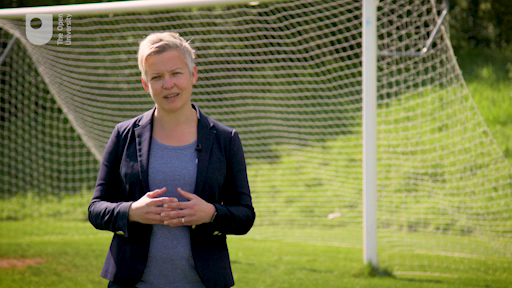Session 5: What role does motivation and perfectionism play?
Introduction
In order to burnout, one has first to be ‘on fire’.
In this session you will explore how an understanding of motivation, which includes the distinct case of those with perfectionist tendencies, can be helpful in understanding burnout.
Motivation refers to the direction and intensity of one’s effort (Sage, 1977) and it is likely that within sport you have thought about your own motivation, and that of others, before. In this session you will investigate both the positive and negative aspects of what drives people in sport. You will do this by seeing how the Self-determination theory of motivation (Deci and Ryan, 1985) and ideas about perfectionism apply to a career-threatening episode experienced by a leading Olympic cyclist.
By the end of this session you should be able to:
- explain how Self-determination theory and the perceived satisfaction of the three needs of autonomy, relatedness and competence can be used to help explain burnout
- describe how the motivational climate that coaches create influences motivation and in particular how an ego-involving climate increases the risk of burnout
- discuss how the role of perfectionism and insights from case studies help explain burnout in some athletes.
First, watch this video, in which Kate Goodger introduces the session further.


